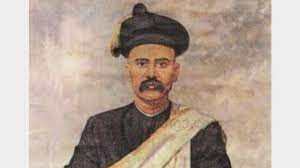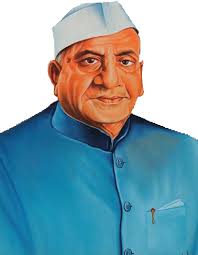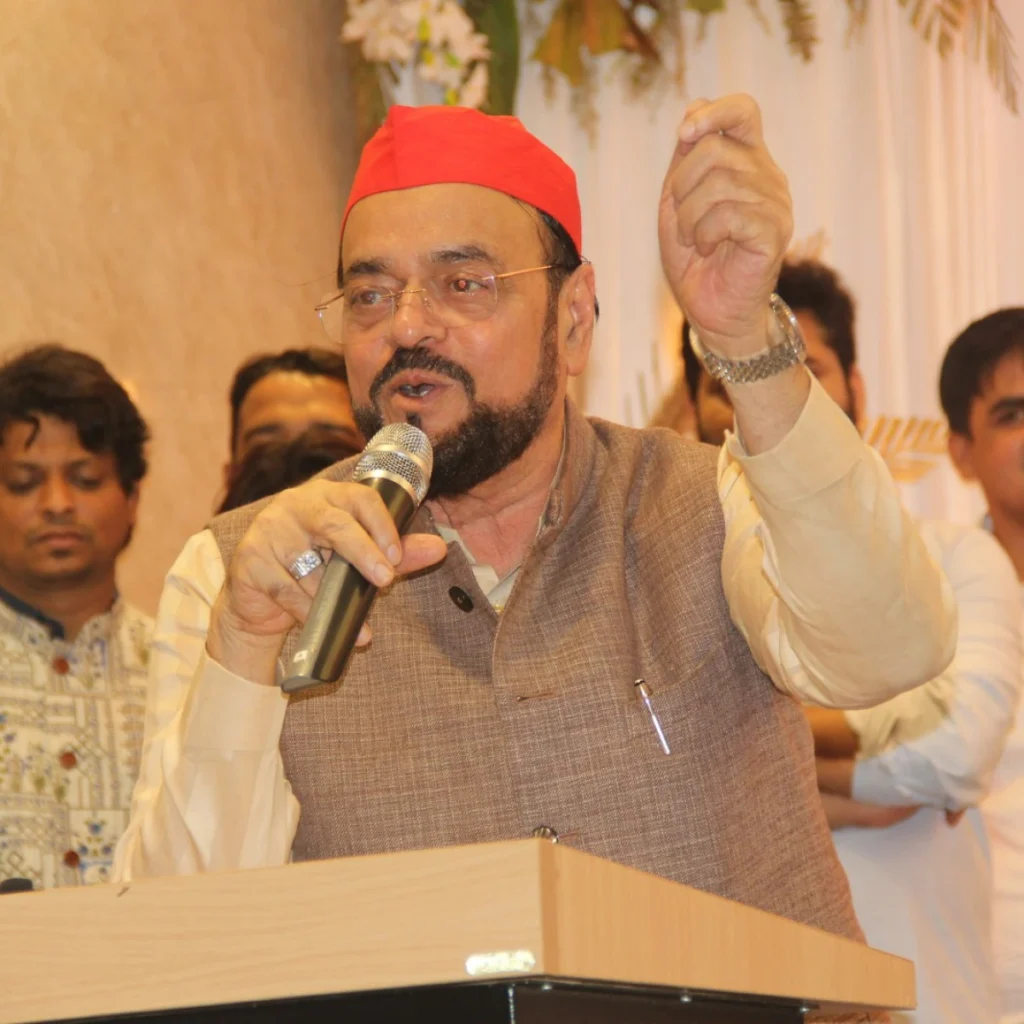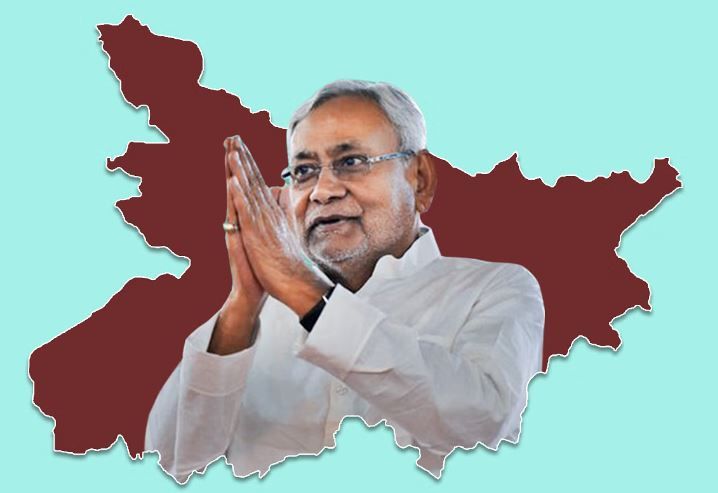Gopal Ganesh Agarkar, a prominent figure in the Indian nationalist movement and a visionary thinker, left an indelible mark on the socio-political landscape of colonial India. Born on July 14, 1856, in Kolhapur, Maharashtra, Agarkar’s life journey was characterized by a relentless pursuit of knowledge, a commitment to social reform, and an unwavering dedication to the cause of Indian nationalism. In this paper, we delve into the multifaceted personality of Gopal Ganesh Agarkar, exploring his contributions as an educator, journalist, and political activist.
Early Life and Education:
Agarkar’s early years were marked by a thirst for knowledge and a deep sense of social responsibility. Despite facing financial constraints, he excelled in his studies and displayed a keen interest in literature and philosophy. Agarkar’s formative years were shaped by his encounters with progressive thinkers and social reformers, including Jyotirao Phule, whose ideas left a lasting impression on his worldview.
Agarkar’s academic journey took him to the prestigious Elphinstone College in Bombay, where he distinguished himself as a scholar and intellectual. His voracious appetite for learning led him to delve into a wide range of subjects, from history and sociology to politics and economics. Agarkar’s deep understanding of these disciplines would later inform his advocacy for social reform and political emancipation.
Educational Reformer:
One of Agarkar’s most enduring legacies lies in his contributions to education reform in India. As a staunch advocate for modern education, he believed that access to knowledge was the key to social progress and empowerment. In 1885, Agarkar co-founded the New English School in Pune, which aimed to provide quality education to the masses irrespective of caste, creed, or gender.
Agarkar’s educational philosophy emphasized the importance of critical thinking, rational inquiry, and moral values. He viewed education as a means of fostering individual autonomy and social cohesion, thereby laying the foundation for a more enlightened and egalitarian society. Through his pioneering efforts, Agarkar played a pivotal role in shaping the modern educational landscape of India.
Journalistic Endeavors:
In addition to his work in education, Agarkar was a prolific journalist and writer. He used the power of the press to disseminate his ideas and advocate for social and political reform. Agarkar’s writings covered a wide range of topics, including nationalism, caste discrimination, and women’s rights. His incisive commentary and fearless critique of colonial rule earned him a reputation as one of the most influential voices of his time.
Agarkar’s journalistic endeavors were not limited to political commentary; he also contributed significantly to the promotion of literature and culture in Maharashtra. As the editor of the periodical “Kesari,” Agarkar provided a platform for emerging writers and intellectuals, thereby enriching the literary landscape of the region. His commitment to freedom of expression and intellectual inquiry laid the groundwork for the vibrant intellectual tradition that continues to thrive in Maharashtra to this day.
Political Activism:
Agarkar’s involvement in politics was driven by a deep sense of patriotism and a desire to see India free from colonial rule. He was a vocal critic of British imperialism and actively participated in the Indian nationalist movement. Agarkar’s political activism was characterized by his emphasis on constitutional methods and constructive engagement with the colonial administration.
Despite facing persecution and censorship from the British authorities, Agarkar remained steadfast in his commitment to the cause of Indian nationalism. He played a key role in mobilizing public opinion against colonial injustices and advocating for greater autonomy for the Indian people. Agarkar’s political legacy continues to inspire generations of Indians who strive for freedom, justice, and equality.
Legacy and Impact:
Gopal Ganesh Agarkar’s contributions to Indian society are manifold and enduring. His pioneering efforts in education reform laid the groundwork for the modern educational system in India, while his journalistic endeavors helped shape public opinion and fostered a spirit of intellectual inquiry. As a political activist, Agarkar was instrumental in laying the foundation for India’s struggle for independence.
In conclusion, Gopal Ganesh Agarkar was a visionary leader, educator, journalist, and political activist whose life and work continue to inspire us today. His unwavering commitment to the principles of social justice, educational reform, and political emancipation serve as a beacon of hope for all those who strive for a better, more just society. As we commemorate his legacy, let us recommit ourselves to the ideals for which he so passionately fought.






